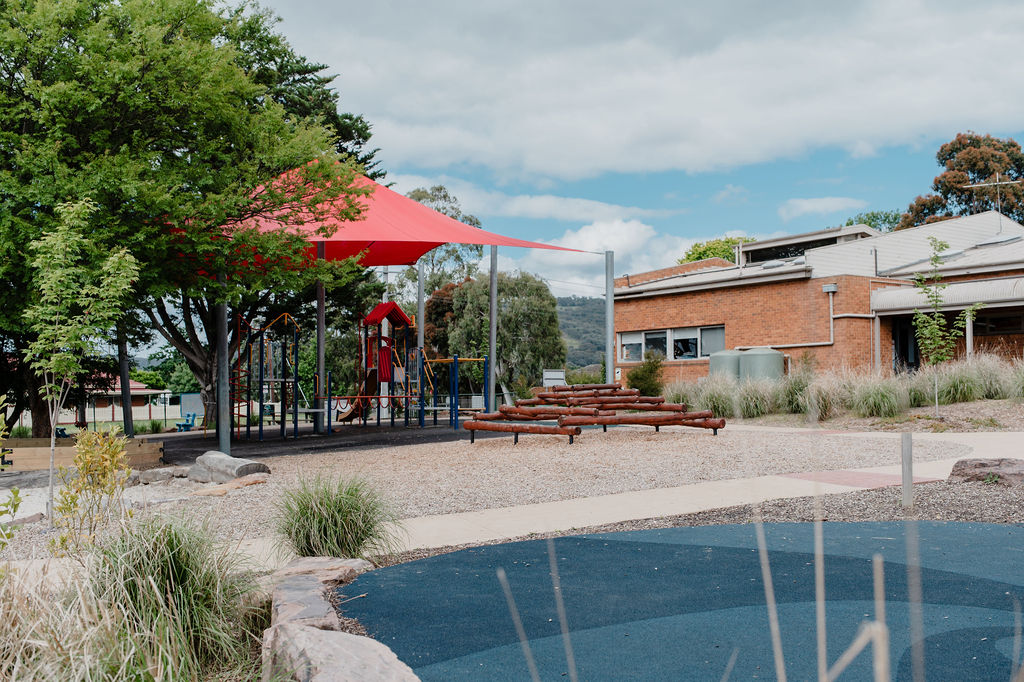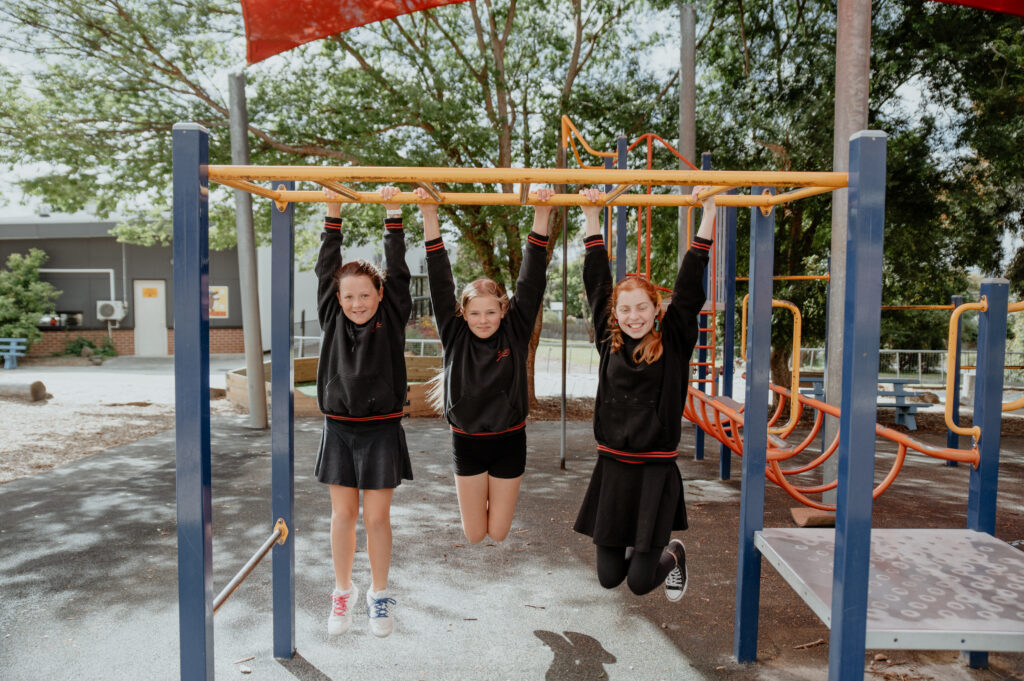Why Going to School is Important
Going to school every day is the single most important part of your child’s education. Students learn new things at school every day. Attending and participating in school will help your child develop:
- important skills and knowledge to help them learn
- social and emotional skills such as good communication, resilience and team work.
Children who attend school every day and complete year 12 have:
- better health
- better job opportunities
- higher income across their lives.
There is no safe number of days for missing school. Each day a student misses puts them behind.

Attendance at School is Compulsory
Recording Attendance
Children’s attendances and absences are recorded daily via Compass. Teachers complete an AM and a PM roll each day.
Absence Notification
Government regulations require that explanations be provided by parents for all absences on the day of the absence.
Please contact the office via phone (9730 1254), email yarra.glen.ps@education.vic.gov.au or use the Compass app to advise the school of any absences.
Unexplained attendances will be followed up on the day of the absence. You will be sent an email or notification with details of the absence. Please contact the office to advise the reason for the absence.
Late Arrival
If your child is late arriving at school, please come to the office to receive a Late Pass. Your child will give their teacher their Late Pass. Their late arrival will be noted on our system. Late is considered any time after 9:00am.
Early Leaver
If your child is required to leave school before the end of the school day, please come to the office to receive an Early Leavers Pass. You may then proceed to your child’s classroom and give their teacher the Early Leavers Pass.
Please read the following fact sheet and the Yarra Glen Primary Attendance Policy for further details:
Tips to Help Improve your Child’s Attendance
- Talk to your child about school and how important it is. You can ask them how they feel about school, what they liked and if there are any problems.
- Reward good behaviour and not bad behaviour. For example, if your child refuses to go to school, do not let them have access to their phones or the internet
- Set a good example. Show them how you keep to your own commitments.
- Encourage your child to take on hobbies that your child enjoys such as sports and clubs. This will help them develop positive relationships outside of the classroom
- have a set time to do homework and go to bed.
- leave all technology out of their bedroom
- pack their school bag the night before with everything they need
- have a set time for breakfast
- plan to meet up with a friend so they can travel to school together.


